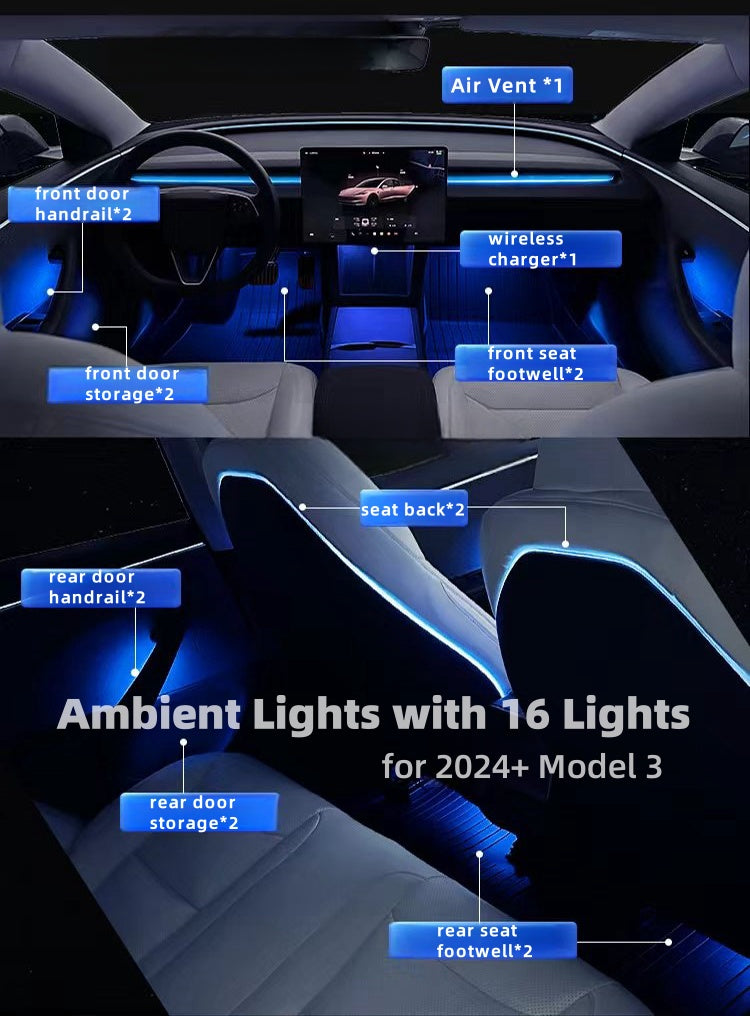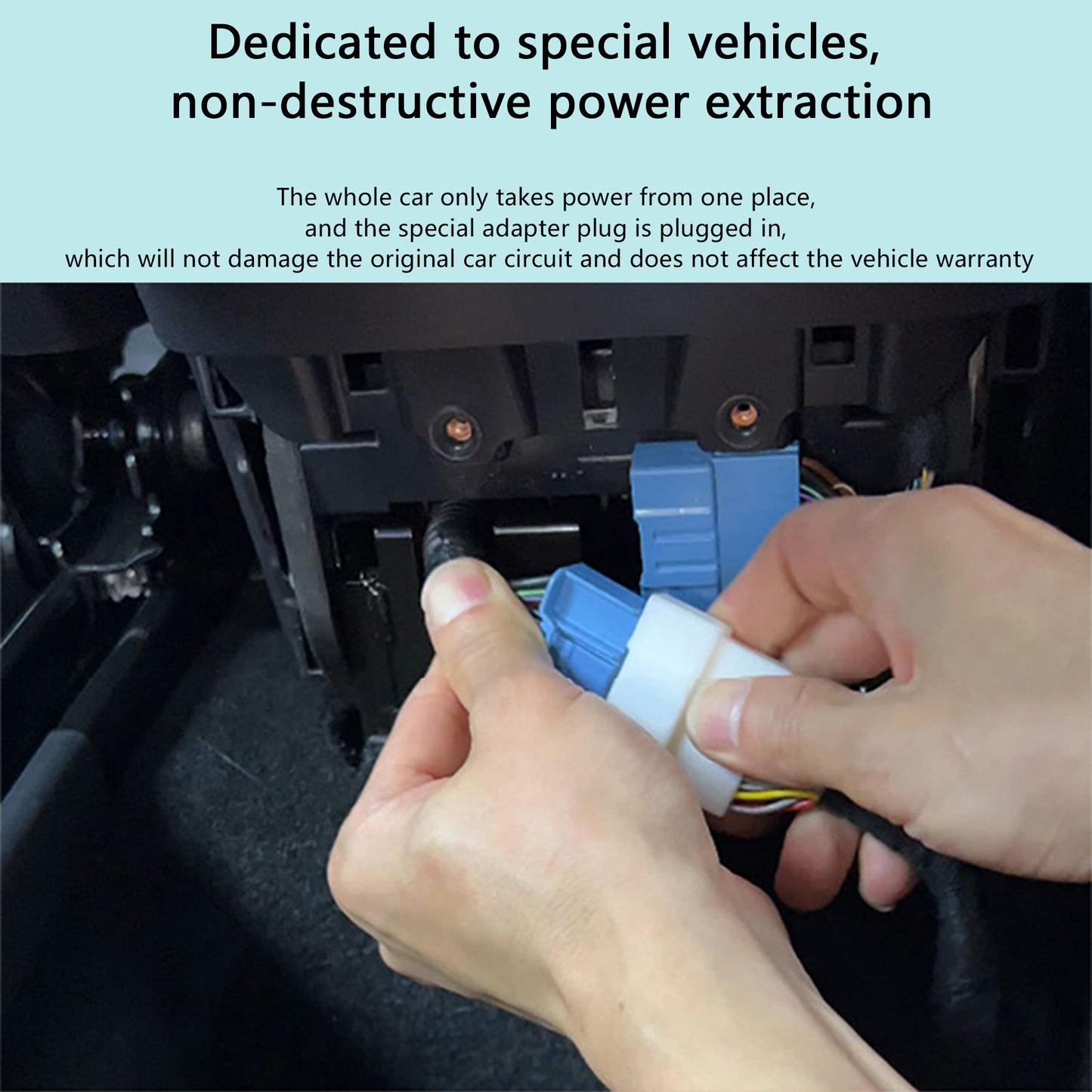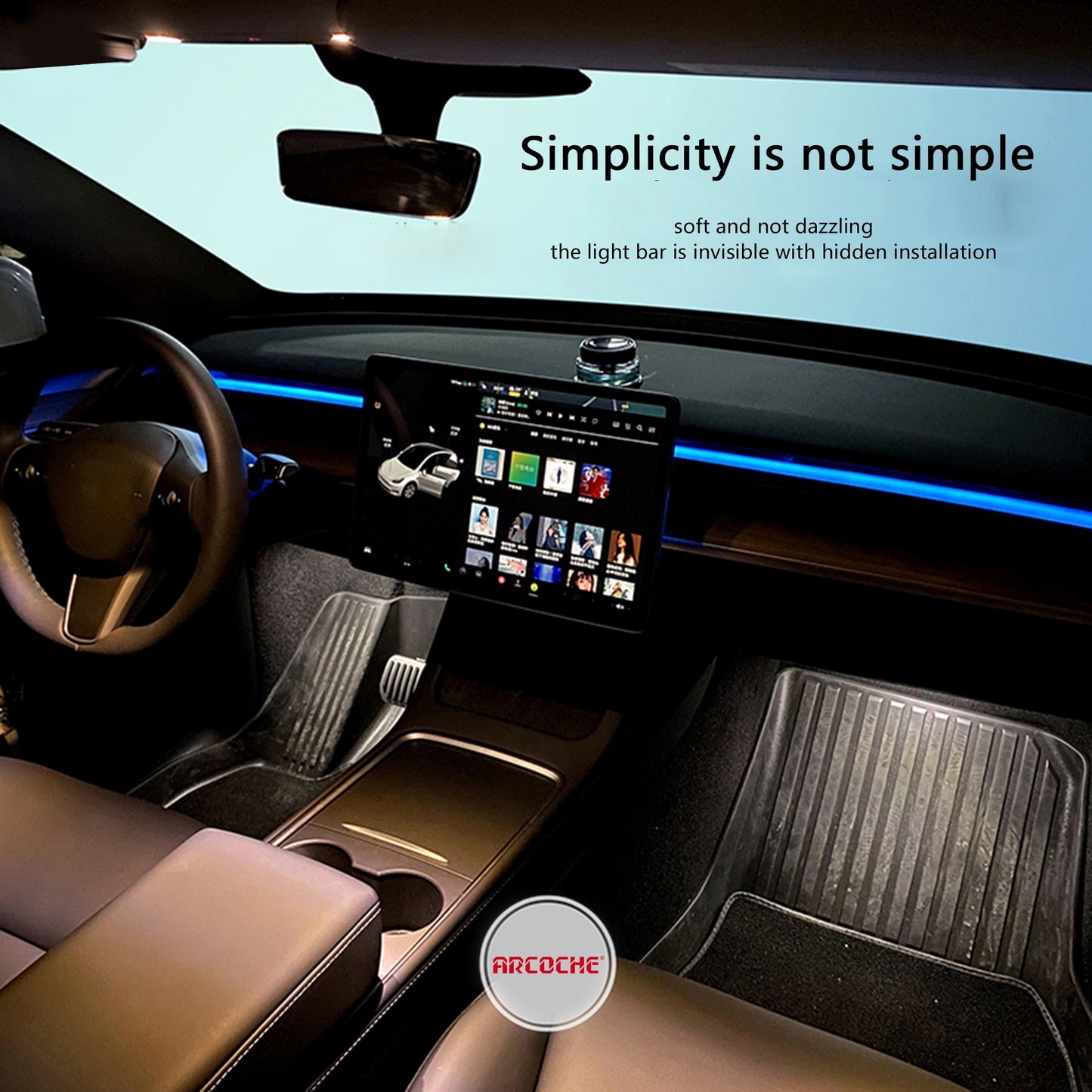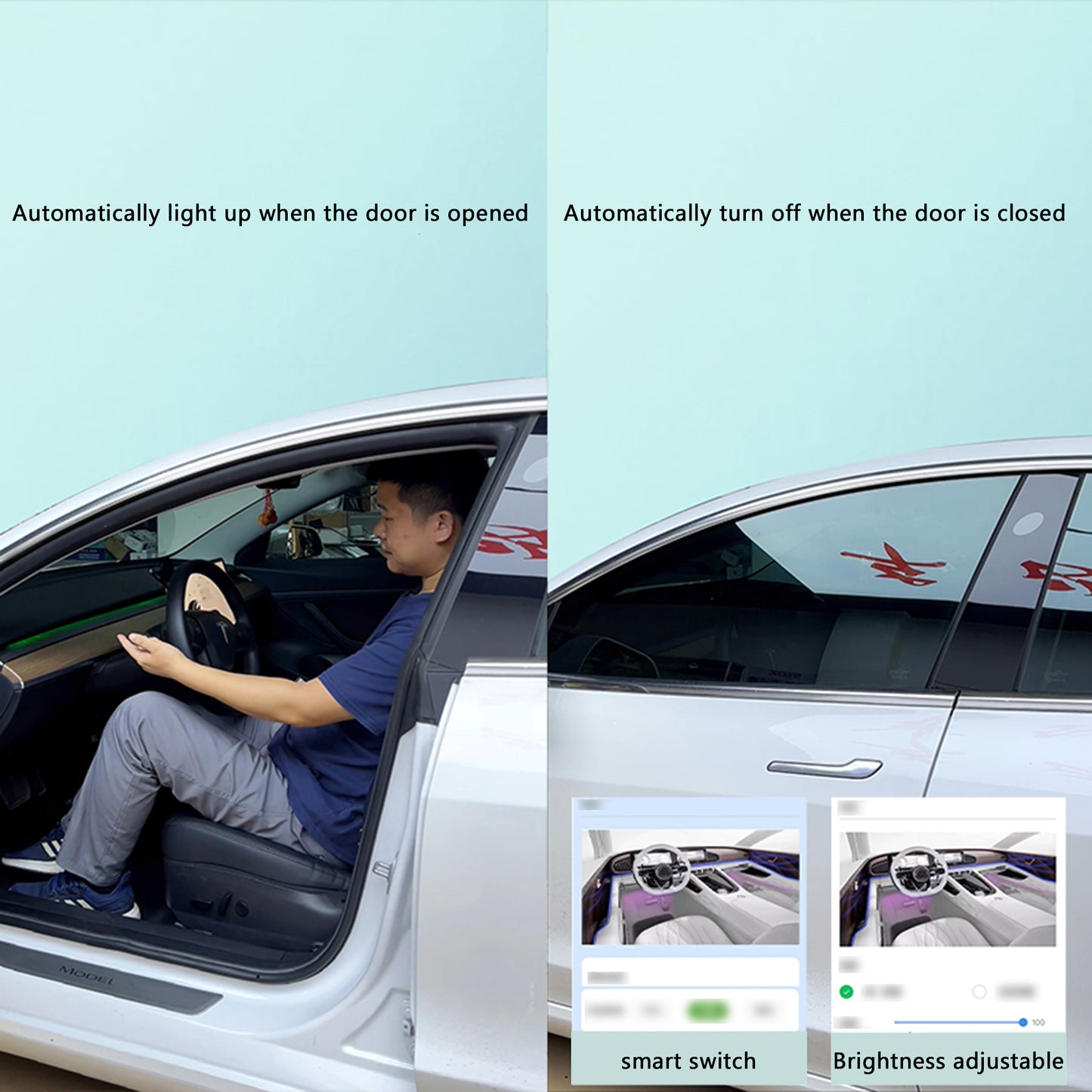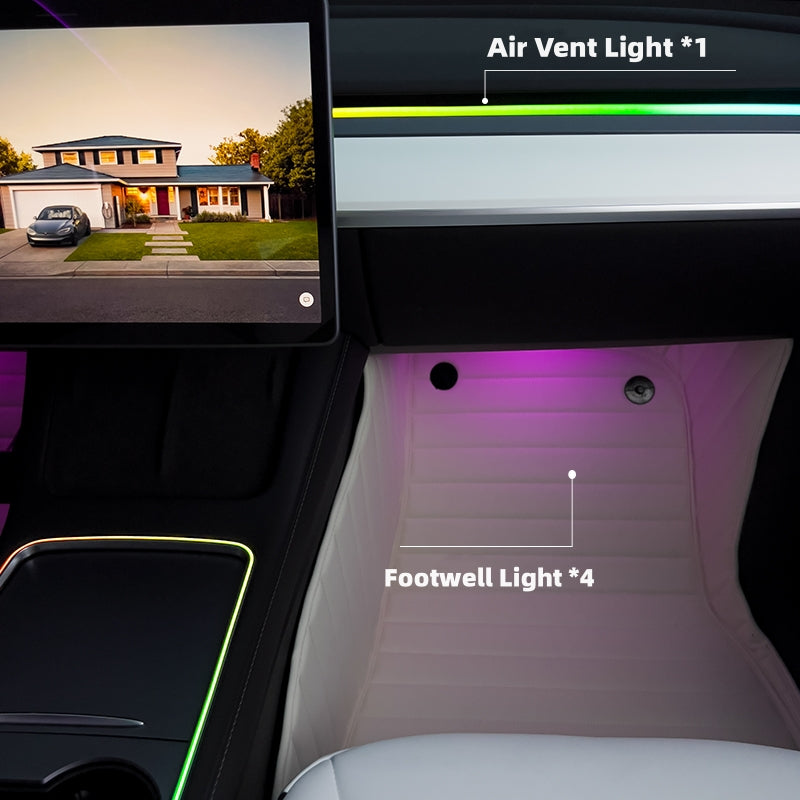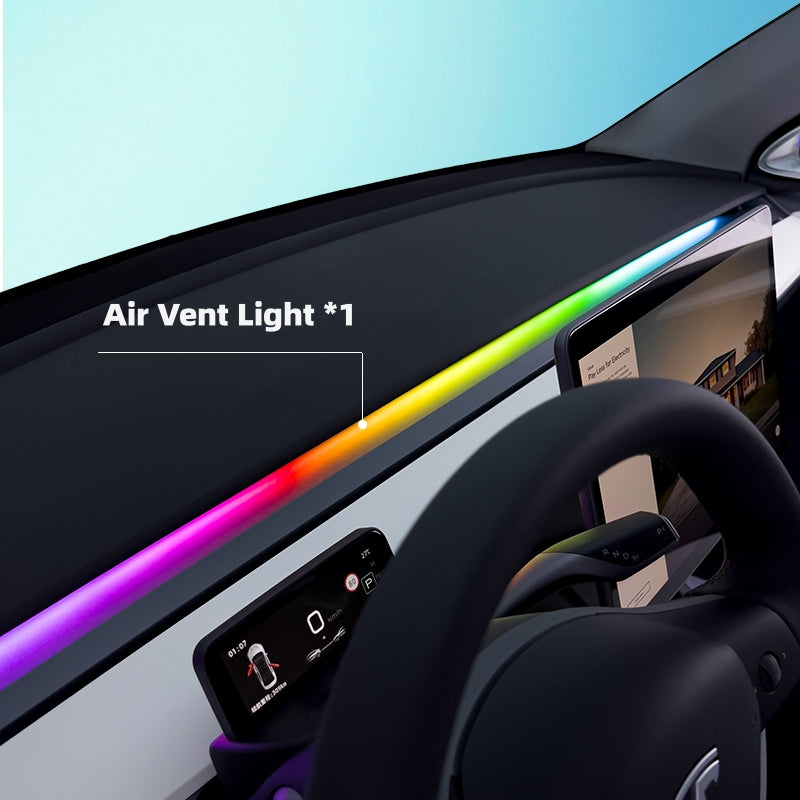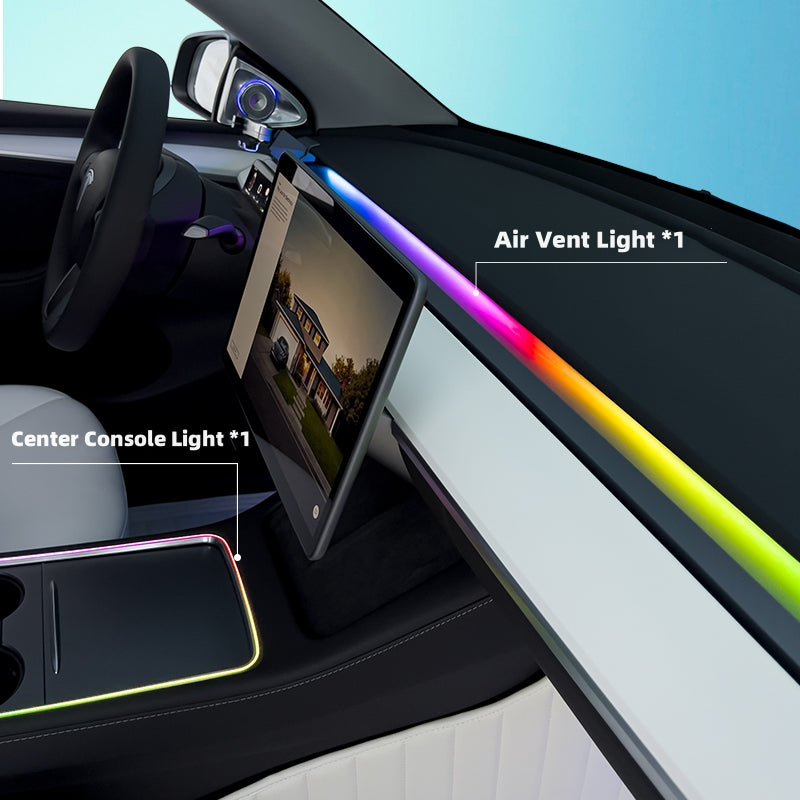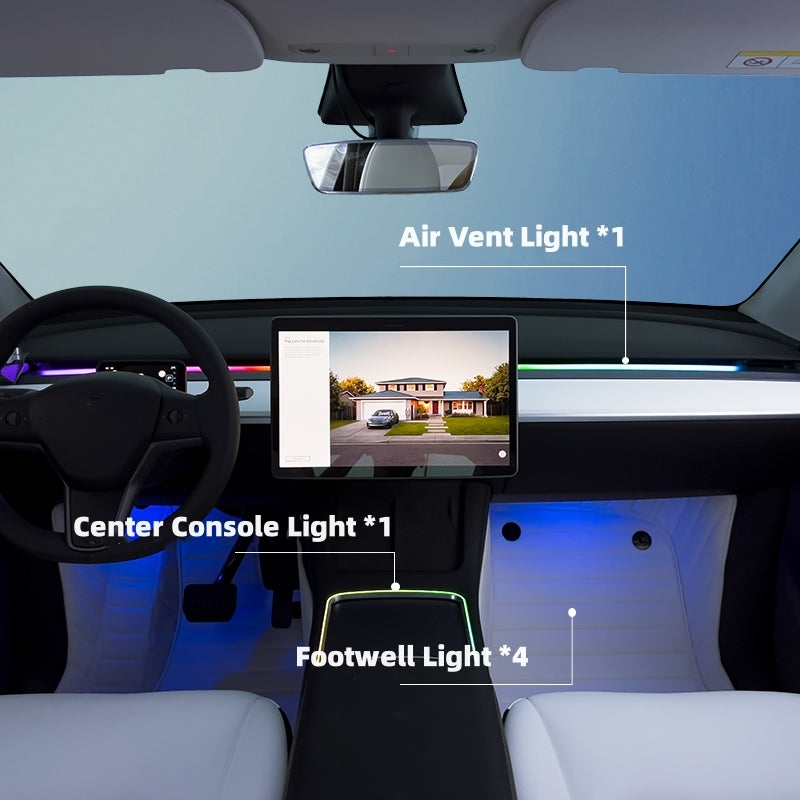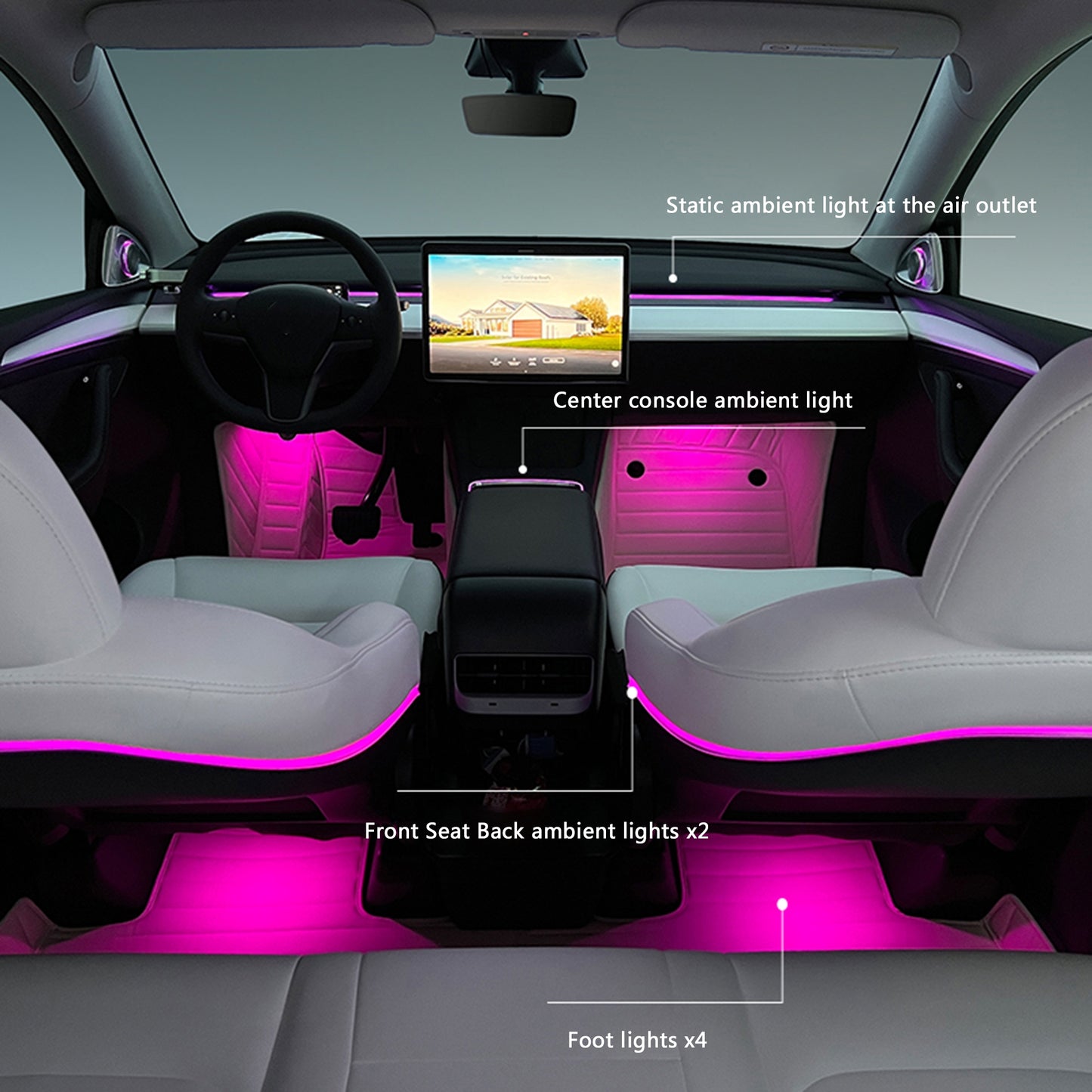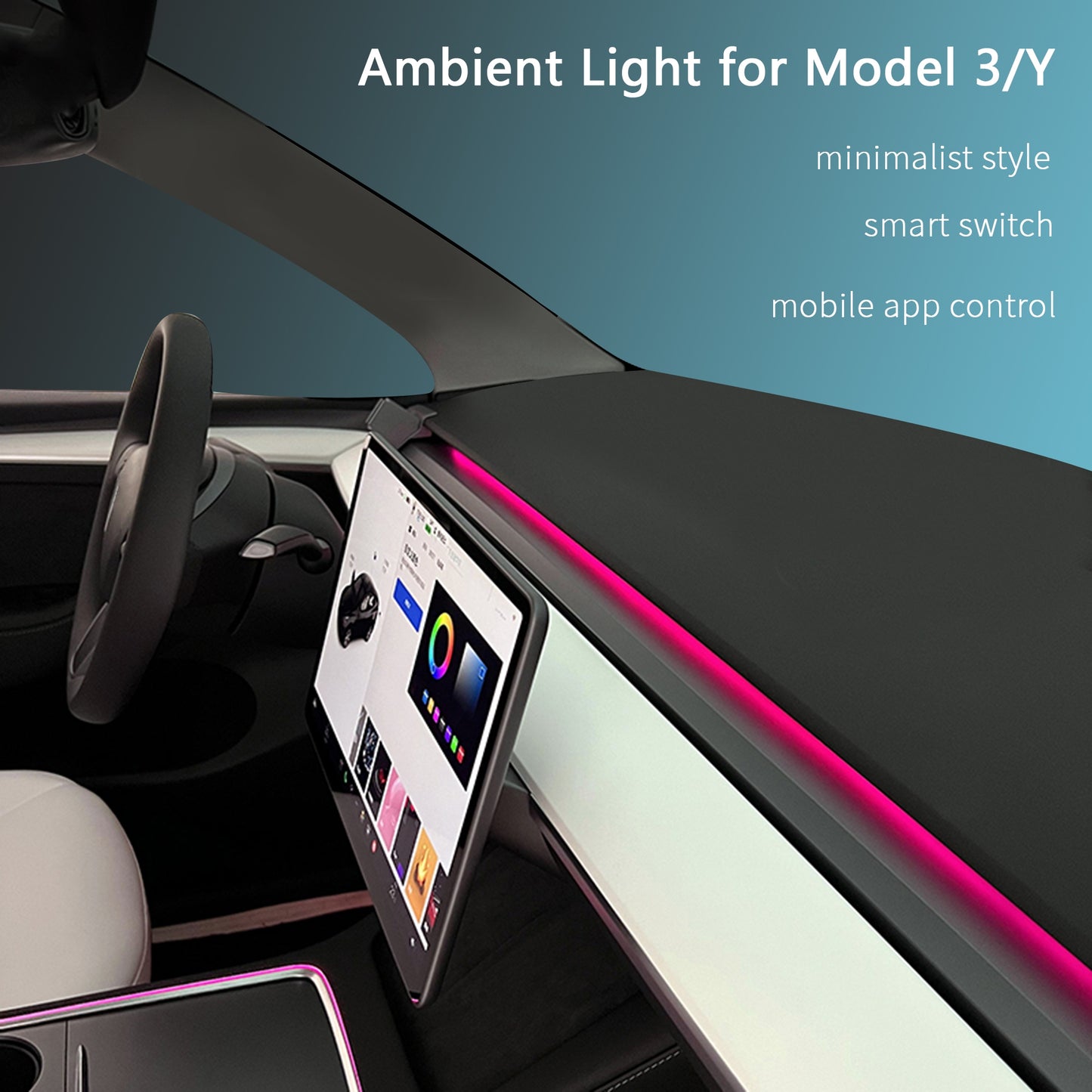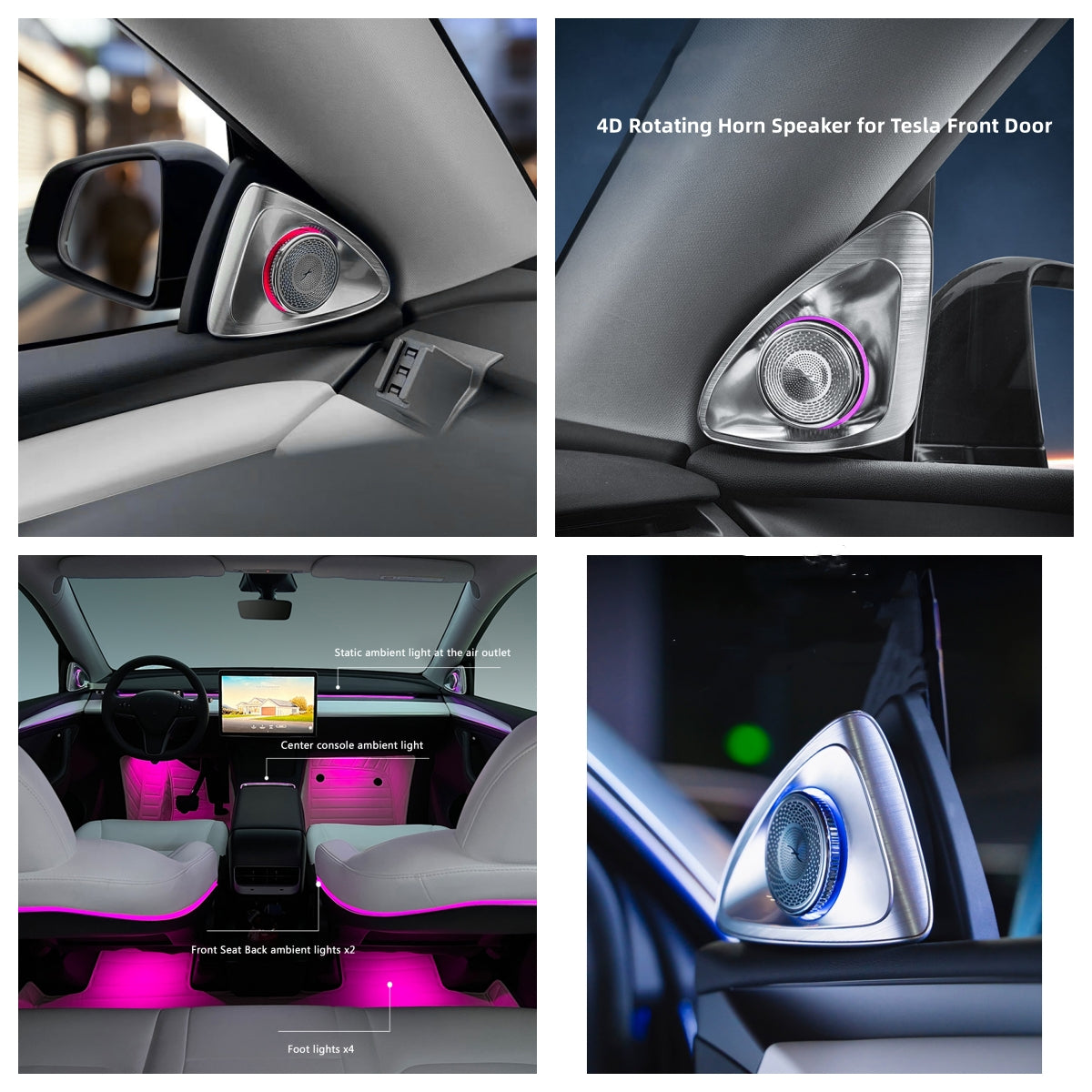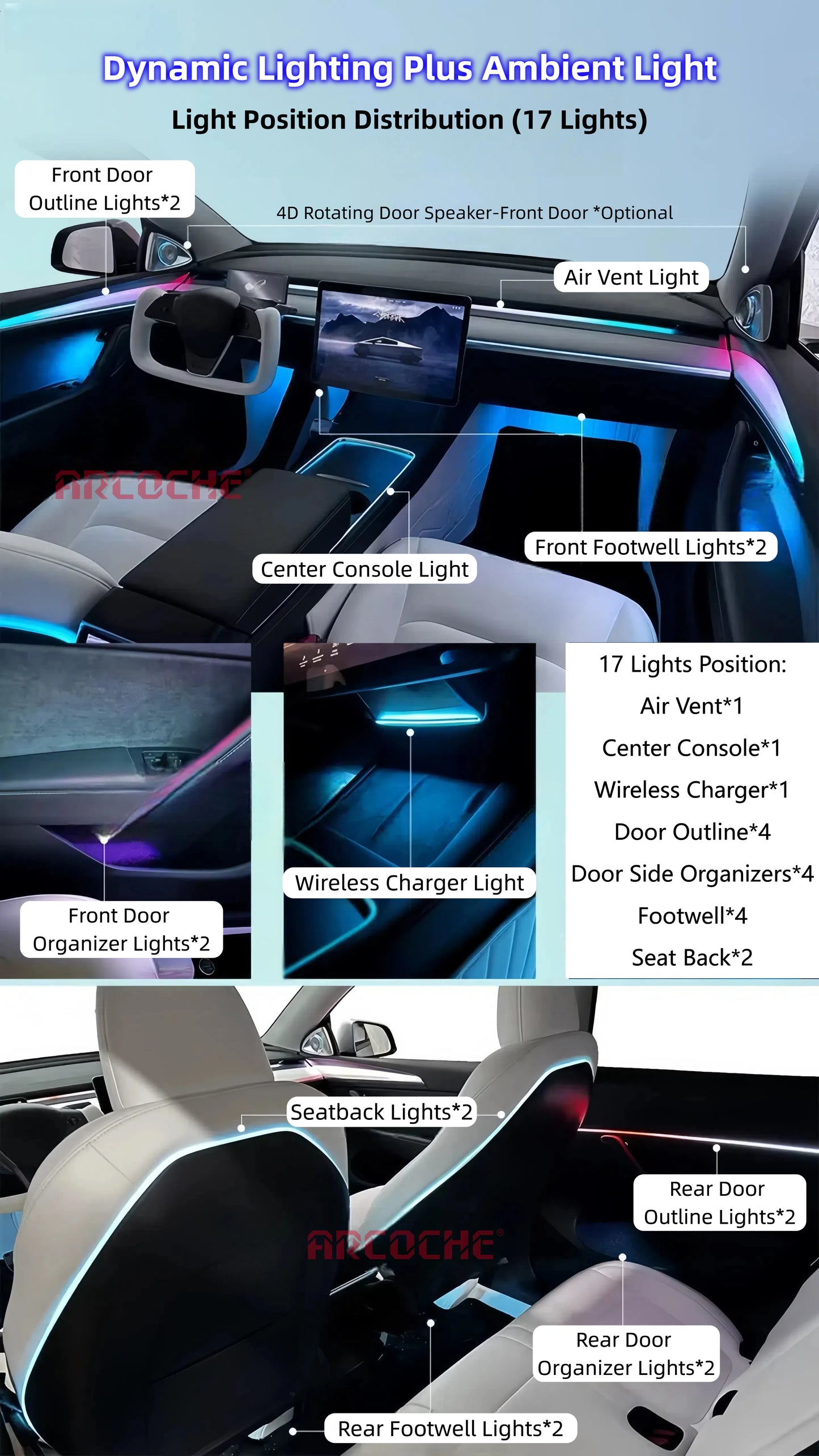
BP Invests $100 Million in Tesla's High-Speed EV Chargers
Tesla Superchargers: A Beacon of Reliability Amidst EV Charging Woes
Complaints about the state of EV charging abound. Many stations are either out of service or burden users with a cumbersome login process before dispensing electrons. This frustration is amplified when you're stuck in inclement weather on a remote road.
Enter Tesla's Supercharger network, a shining example of speed and dependability. Meanwhile, BP, now stylized as 'bp', grapples with its tarnished past as the Deepwater Horizon disaster looms large in memory. This catastrophic event, which saw crude oil polluting the Gulf of Mexico, remains etched in history.
Today, bp endeavors to rebrand itself as an active player in the shift towards a low-carbon economy. This is no small feat for a company deeply entrenched in the oil and gas industry. Nevertheless, it's a step in the right direction. In contrast, industry giants like ExxonMobil and Chevron dismiss green initiatives, focusing instead on ramping up oil and gas production.
$100 Million For Tesla Superchargers
bp, formerly known as BP, is making a substantial commitment to the electric vehicle (EV) charging industry, and it's not doing so half-heartedly. After a thorough assessment of various charger manufacturers, the company has placed a substantial order of $100 million worth of Tesla Superchargers.
The question on everyone's mind: how many Superchargers does $100 million buy? While this figure hasn't been officially disclosed by Tesla, an educated guess puts it at around $50,000 per unit. This ballpark estimate, based largely on intuition, is due to the absence of specific information from Tesla.
Our rough estimate? Approximately 2,000 chargers. Of course, this doesn't encompass installation costs or grid connections, which could tally up to another $100 million. When all is said and done, factoring in incidentals and unforeseen expenses, bp's endeavor to become a major player in the EV charger market amounts to nearly a quarter of a billion dollars.
bp's EV charging subsidiary goes by the name of bp pulse. According to a press release, this investment will not only bolster the expansion of the bp pulse public network throughout the US but also offer support to EV fleet customers by installing chargers at their private depots. Notably, this marks the first instance of Tesla chargers being acquired for an independent EV charging network."
(Note: "WAG" is an acronym for "Wild Ass Guess," meaning an estimate based on intuition or rough calculation rather than precise data.)
Beginning In 2024
In 2024, the roll-out will kick off, targeting key locations within the bp brand ecosystem, spanning TravelCenters of America, Thorntons, ampm, Amoco, as well as bp pulse’s expansive Gigahub charging hubs in major urban centers and at third-party sites like Hertz rental centers. Initial installation sites have already been earmarked in Houston, Phoenix, Los Angeles, Chicago, and Washington D.C.
Furthermore, Tesla chargers will find their way to specific bp pulse fleet customer depots. By integrating bp pulse’s cutting-edge Omega charge management software with Tesla's swift and dependable chargers, bp pulse gains a distinctive capability to oversee the entire EV charging process for fleets, offering a comprehensive solution tailored to its fleet customers.
“Strengthening the bp pulse network with Tesla’s industry-leading hardware is a major step forward in our ambitions for high speed, open access charging infrastructure in the US and advances our ambition to delivering an exceptional customer experience,” said Richard Bartlett, global CEO of bp pulse. “Combined with our vast network of convenience and mobility sites on and off the highway, this collaboration with Tesla will bring fast and reliable charging to EV drivers when and where they need it.”
Tesla Superchargers With The bp Brand
The Tesla 250 kW ultra-fast chargers will be branded, installed, and operated by bp pulse. The chargers will be fitted with Tesla’s ‘Magic Dock’, which is compatible with both NACS and CCS connectors. This enables EVs from other major vehicle manufacturers to use the Tesla chargers on the bp pulse network. To further improve user experience, the Tesla chargers will support use of the Plug and Charge protocol, which simplifies and automates payments. As is Tesla’s current policy, third-party operated ultra-fast chargers meeting Tesla’s reliability and functionality requirements are featured in Tesla’s vehicle UI and apps, and bp pulse expects to uphold those requirements on its network.
“Strengthening the bp pulse network with Tesla’s industry leading hardware is a major step forward in our ambitions for high speed, open access charging infrastructure in the US and advances our ambition to delivering an exceptional customer experience,” said Richard Bartlett, CEO of bp pulse. (Perhaps that should be written as ceo?)
Rebecca Tinucci, Tesla’s Senior Director of Charging Infrastructure, said: “At Tesla, we’re driven to enable great charging experiences for all EV owners. Selling our fast-charging hardware is a new step for us, and one we’re looking to expand in support of our mission to accelerate the world’s transition to sustainable energy. We appreciate bp’s partnership in this area — it’s the right step towards a more sustainable future.”
Expanding The bp pulse Charging Network
Alongside the Tesla partnership, bp pulse anticipates further deployment of swift and dependable charging stations at high-demand venues like airports, major cities, and bp-owned properties along Alternative Fueling Corridors. Additionally, bp has secured grant funding from programs such as the National Electric Vehicle Infrastructure (NEVI) and the California Energy Commission (CEC) to establish charging infrastructure at locations in California, Pennsylvania, Colorado, and Kentucky.
In February 2023, bp unveiled plans to inject $1 billion into America's EV charging infrastructure by 2030, earmarking $500 million for the next two to three years. This investment aligns with bp's strategic focus on five growth areas: bioenergy, convenience, EV charging via its charging subsidiary bp pulse, hydrogen, and renewables and power. These sectors accounted for approximately 30% of bp's total investment in 2022, a significant surge from the 3% reported in 2019.
---------This article is partly excerpted from Reuters.



